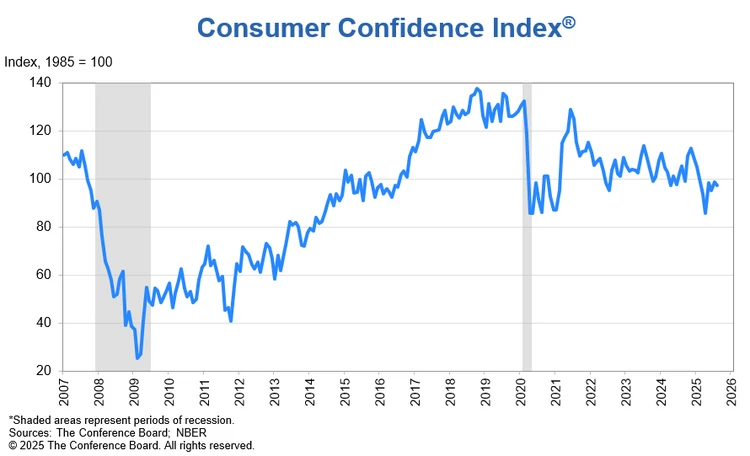The vegetable-rich diet countered genetic risks in a study
-
Genes and diet interact: People with two copies of the APOE4 gene, the strongest genetic driver of Alzheimers, show unique biological changes tied to dementia risk.
-
Metabolic fingerprints identified: Researchers found 57 metabolites in the blood linked to Alzheimers risk in ways that vary by genetics.
-
Mediterranean diet protective: A diet rich in vegetables, fish, nuts, and olive oil countered risk in people at highest genetic vulnerability.
A major new study suggests that what we eat could help offset even the strongest genetic risk for Alzheimers disease.
Published in Nature Medicine, the research shows that people who inherit two copies of the APOE4 gene long recognized as a powerful driver of Alzheimers have distinct metabolic signatures that raise their risk. But following a Mediterranean diet appears to protect them by shifting the bodys balance of fats and other compounds that influence dementia development.
Tracking diet, genes, and brain health
The findings come from more than 5,700 participants in two large, decades-long health studies: the Nurses Health Study and the Health Professionals Follow-Up Study. Scientists analyzed genetic data, blood samples, and dietary records to map how biological pathways interact with dementia risk.
They identified 57 metabolites small molecules formed as the body processes food and energy that were linked to Alzheimers in ways that varied by genetic background. For example, certain fats known as cholesteryl esters and sphingomyelins were strongly tied to higher risk in people with two APOE4 copies, while other compounds such as glycerides seemed protective in that same group.
Diets role in protecting the brain
Researchers highlighted the Mediterranean diet as especially effective in countering these risks. Rich in fruits, vegetables, fish, nuts, and olive oil, the diet reduced harmful metabolites and boosted protective ones. Nearly 40% of its benefit for high-risk individuals could be traced to these metabolic effects, the authors wrote.
Targeted dietary strategies may help offset even the strongest genetic risks for Alzheimers disease, the study concluded.
Broader health benefits
Health experts note that the Mediterranean diet has been linked to improved longevity and reduced risk of heart disease, stroke, diabetes, and certain cancers. Its emphasis on fiber, slow-digesting carbohydrates, and healthy fats such as olive oil and fatty fish also supports overall metabolic health.
Posted: 2025-08-26 13:24:24





















